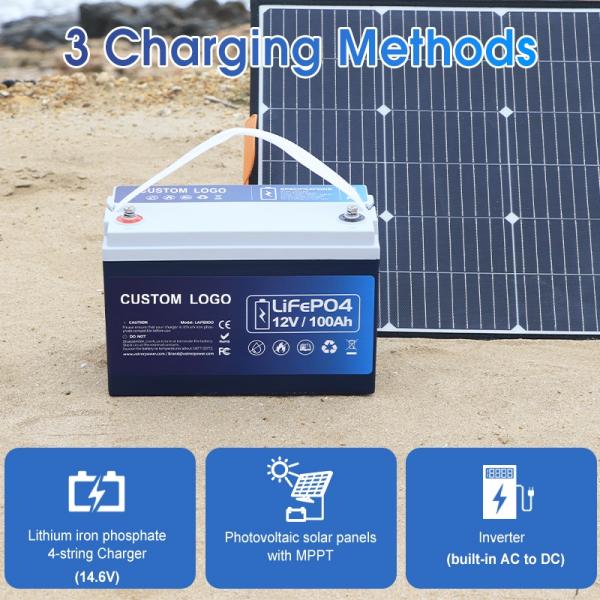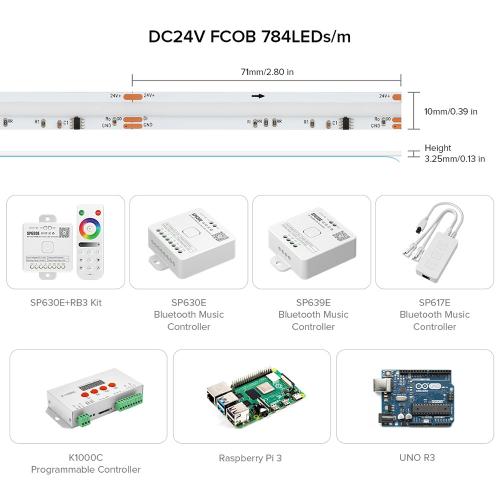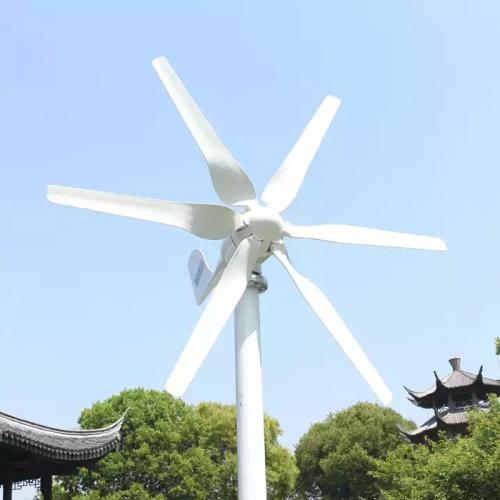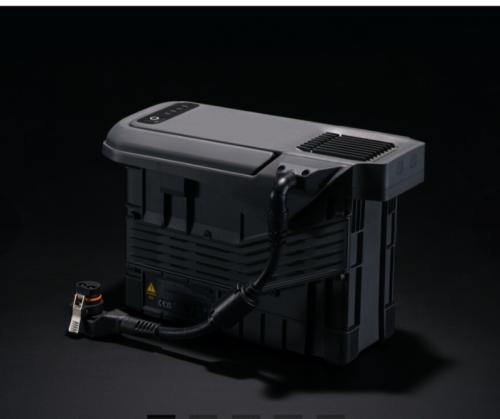What type of battery does Tesla use?

Tesla's choice of battery technology has been a pivotal factor in its success as a leading electric vehicle manufacturer. Understanding the type of battery Tesla uses is essential for those interested in electric vehicles, sustainable energy, and technological innovation. In this article, we will delve into the specifics of Tesla's battery technology, exploring its composition, advantages, and the implications for the future of electric vehicles.
Tesla primarily uses lithium-ion batteries in its electric vehicles. These batteries are composed of several key components: the cathode, anode, electrolyte, and separator. The cathode typically consists of a lithium metal oxide, while the anode is made from graphite. The electrolyte is a lithium salt dissolved in an organic solvent, and the separator is a permeable membrane that keeps the anode and cathode apart while allowing ions to pass through.
Lithium-ion batteries have become the standard in electric vehicles due to their high energy density, long cycle life, and efficiency. Tesla has continuously innovated within this framework, making significant advancements in battery technology to enhance performance, range, and safety. One of Tesla's most notable achievements is its use of the 2170 battery cell in the Model 3, which offers improved energy density and thermal management compared to the older 18650 cells used in previous models.
Tesla's battery technology is not limited to its vehicles. The company has also developed battery systems for energy storage, such as the Powerwall for residential use and the Powerpack and Megapack for commercial and utility-scale applications. These systems utilize similar lithium-ion technology, demonstrating the versatility and reliability of Tesla's batteries across different sectors.
The advantages of Tesla's lithium-ion batteries are numerous. They offer high energy density, which translates to longer driving ranges for Tesla vehicles. This is a crucial factor for consumers, as range anxiety is a common concern with electric vehicles. Tesla's batteries also have a long cycle life, meaning they can be charged and discharged many times without significant degradation. This longevity is essential for both vehicle owners and energy storage applications, as it ensures the batteries remain effective over time.
Safety is another critical aspect of Tesla's battery technology. The company has implemented various measures to prevent issues such as thermal runaway, which can lead to fires or explosions. Tesla's battery management system monitors and controls the temperature, voltage, and current within the battery pack, ensuring optimal performance and safety. Additionally, the design of the battery pack itself, with its robust casing and strategic placement within the vehicle, minimizes the risk of damage in the event of a collision.
Tesla's commitment to sustainability extends to its battery technology. The company is actively working on improving the recyclability of its batteries, aiming to minimize environmental impact. Tesla's closed-loop recycling process involves recovering valuable materials from used batteries, which can then be used to produce new ones. This approach not only reduces waste but also lowers the demand for raw materials, contributing to a more sustainable future.
Looking ahead, Tesla's battery technology is poised to continue evolving. The company is investing heavily in research and development, exploring new materials and designs to further enhance performance and reduce costs. One promising avenue is the development of solid-state batteries, which could offer even higher energy density and improved safety compared to current lithium-ion technology. While solid-state batteries are still in the experimental stage, Tesla's track record of innovation suggests that they could play a significant role in the company's future offerings.
The implications of Tesla's battery technology extend beyond the automotive industry. As electric vehicles become more prevalent, the demand for efficient and sustainable energy storage solutions will grow. Tesla's advancements in battery technology could pave the way for broader adoption of renewable energy sources, as efficient storage is crucial for balancing supply and demand. This shift has the potential to significantly reduce greenhouse gas emissions and combat climate change.
In conclusion, Tesla's choice of lithium-ion batteries is a cornerstone of its success in the electric vehicle market. The company's continuous innovation and commitment to safety, performance, and sustainability have set a high standard for battery technology. As Tesla continues to push the boundaries of what is possible, its advancements will likely have far-reaching implications for the future of transportation and energy. For those interested in electric vehicles and sustainable technology, understanding Tesla's battery technology provides valuable insight into the direction of the industry and the potential for positive change.






